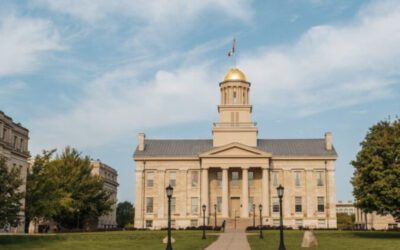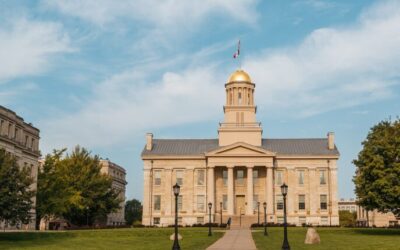
Dowling Catholic High School in West Des Moines. Photo by Pat Rynard/Starting Line
Researchers from Princeton University proved something most Iowans were already aware of: Gov. Kim Reynolds’ taxpayer-funded private school tuition voucher program led to tuition hikes.
First reported by Bleeding Heartland, Princeton Sociology Professor Jennifer Jennings and doctoral student Jason Fontana published “The Effect of Taxpayer-Funded Education Savings Accounts on Private School Tuition: Evidence from Iowa” through Brown University.
The 19-page study examines how new school voucher programs in Iowa and neighboring Nebraska have affected private school tuition rates. Iowa’s program was implemented for the 2023-24 school year while Nebraska’s won’t be implemented until the 2024-25 school year.
The Education Savings Account (ESA) program—the formal name for Reynolds’ private school tuition voucher program—is wrapping up its first year of existence.
According to the study, private school tuition in Iowa increased by 21-25% for incoming kindergarten students and 10-16% for other grade levels with partial eligibility. The reason it cites for the discrepancy is that incoming kindergartners were universally eligible for vouchers whereas other grades were limited by the program’s year one financial restriction of 300% of the federal poverty line ($90,000 for a family of four).
“In contrast, private schools did not increase tuition in pre-K, which was ineligible for ESAs,” the study reads. “If a goal of ESAs is to extend private school access to new families, the substantial tuition increases they produce may limit access.”
Fontana and Jennings’ study examined tuition rates for 166 private schools for the 2023-24 school year, but they were only able to get 63% of those schools’ tuition rates for years that predate the voucher program.
Iowa taxpayers spent nearly $128 million to help 16,757 recipients—$7,635 per person—with tuition costs. Two-thirds of those recipients already attended private school.
“Iowa’s ESA program’s expressed purpose was to increase access to ‘the school best suited’ for a child, ‘regardless of zip code or income,’” the study reads, citing a statement from Reynolds. “To the extent tuition levels outpace the ESA payment, families unable to further contribute to tuition may be priced out of schools, thus defeating the program’s stated goal.
“If this is the case, ESAs act as tuition subsidies for families who can already afford private school,” the passage continues. “Future work should consider to what extent tuition increases limit families’ options.”
Iowa has budgeted nearly $180 million for year two of the program, which has slightly looser eligibility requirements, and by the 2025-26 school year, there will be income restrictions to participate in the program.
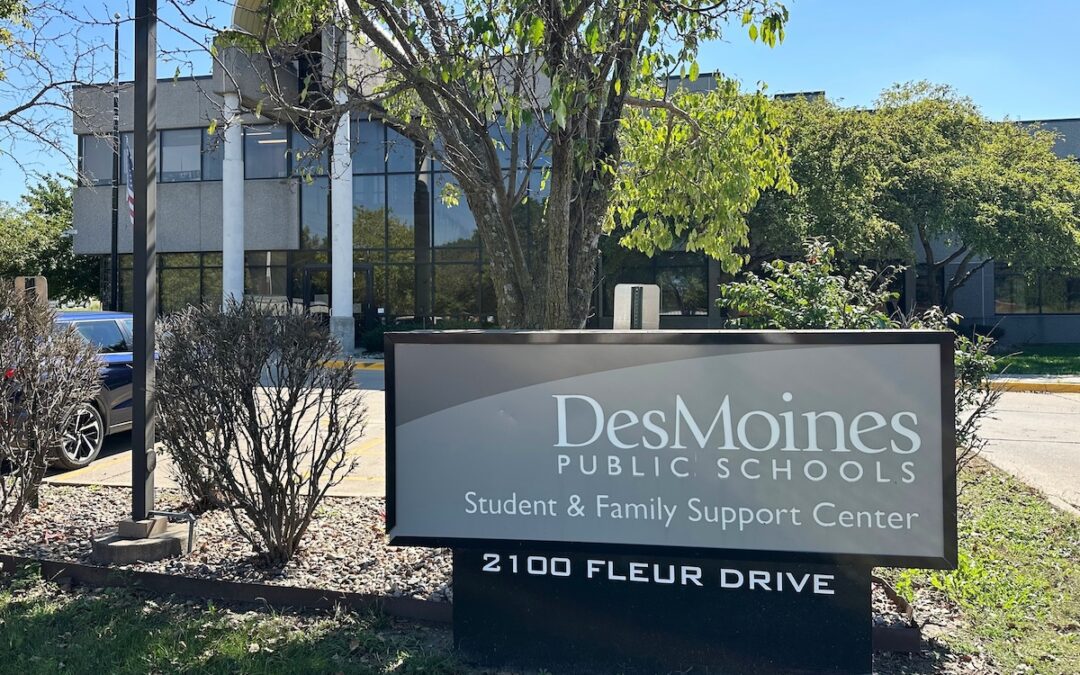
What we know about Ian Roberts, the Des Moines Superintendent arrested by ICE
The former Des Moines Public School superintendent’s arrest by ICE has garnered international attention and prompted a closer look at his...

Urbandale now 6th Iowa school district to protect trans and nonbinary students
Urbandale has joined five other Iowa school districts in voting to protect its transgender and nonbinary students. Following the removal of gender...

Iowa Board of Regents tries banning university courses that teach about social justice
The Iowa Legislature passed a bill this session banning diversity, equity, and inclusion programs and trainings by "public entities," including...
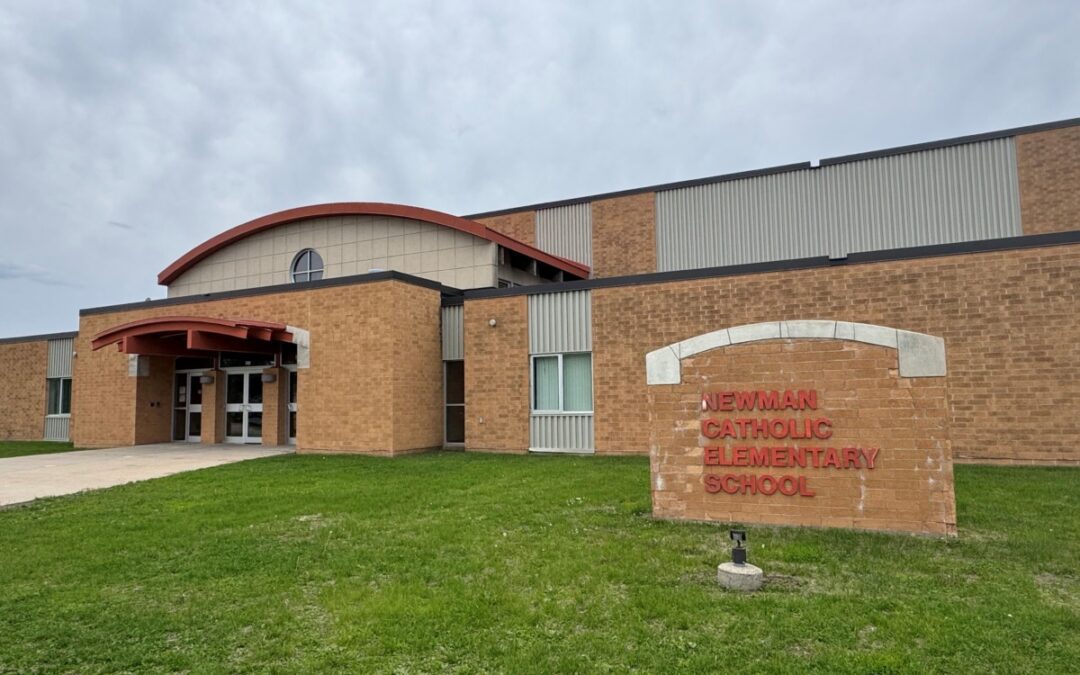
Critics warn of ‘money laundering’ as Iowa expands school voucher program
Iowans have a right to know how their taxpayer dollars are being used—but when it comes to the state's private school voucher program, that’s not...
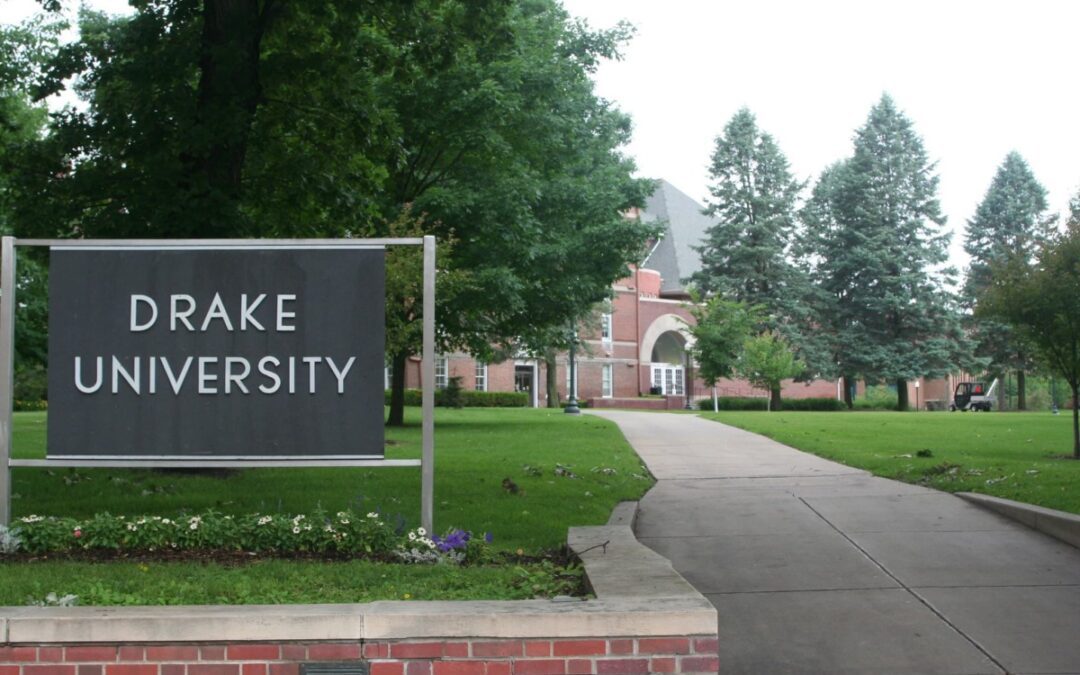
Find your passion at Drake University summer camps
Discover your passion at Drake University's 2025 summer camps! From voice training to business innovation, find the perfect program for high...
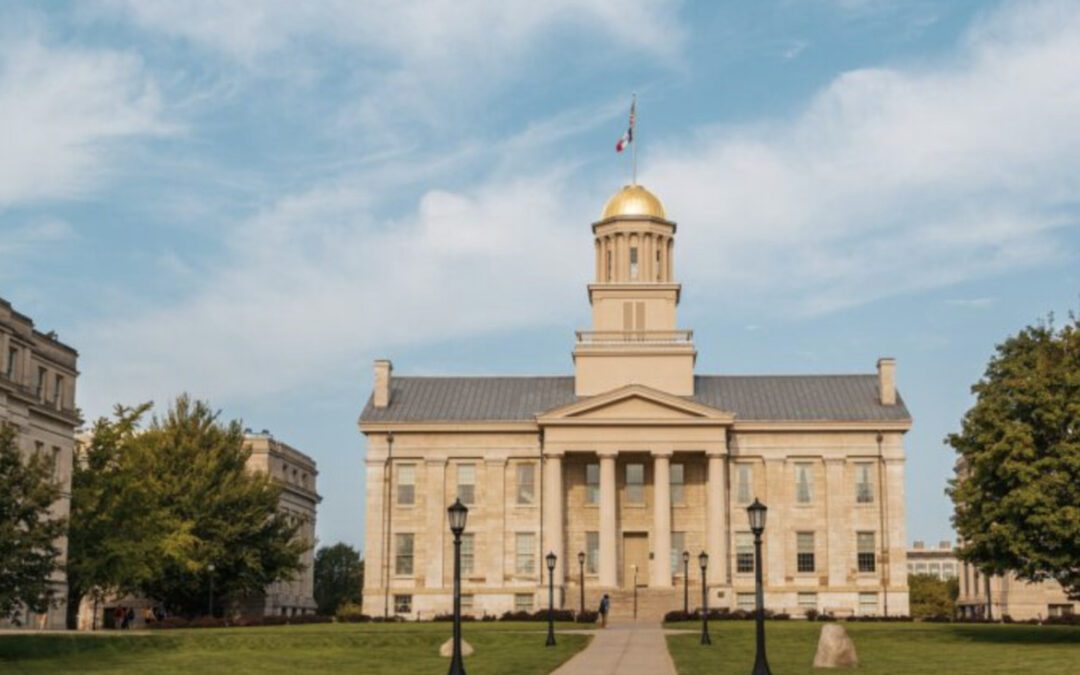
University of Iowa ranks high in US News grad school rankings
The University of Iowa boasts 52 programs recognized by US News for excellence, with rankings in the top five, highlighting its diverse academic...



